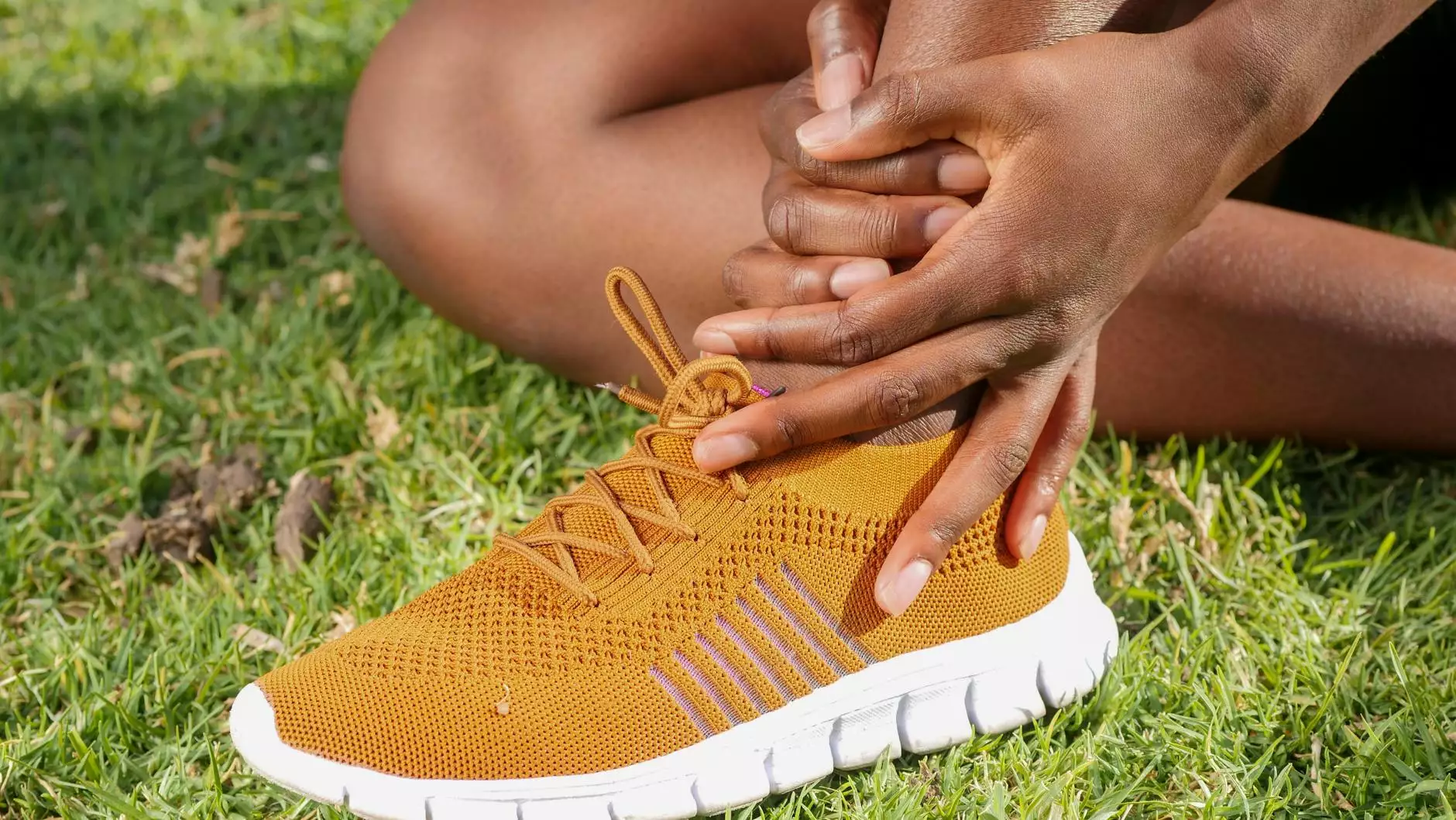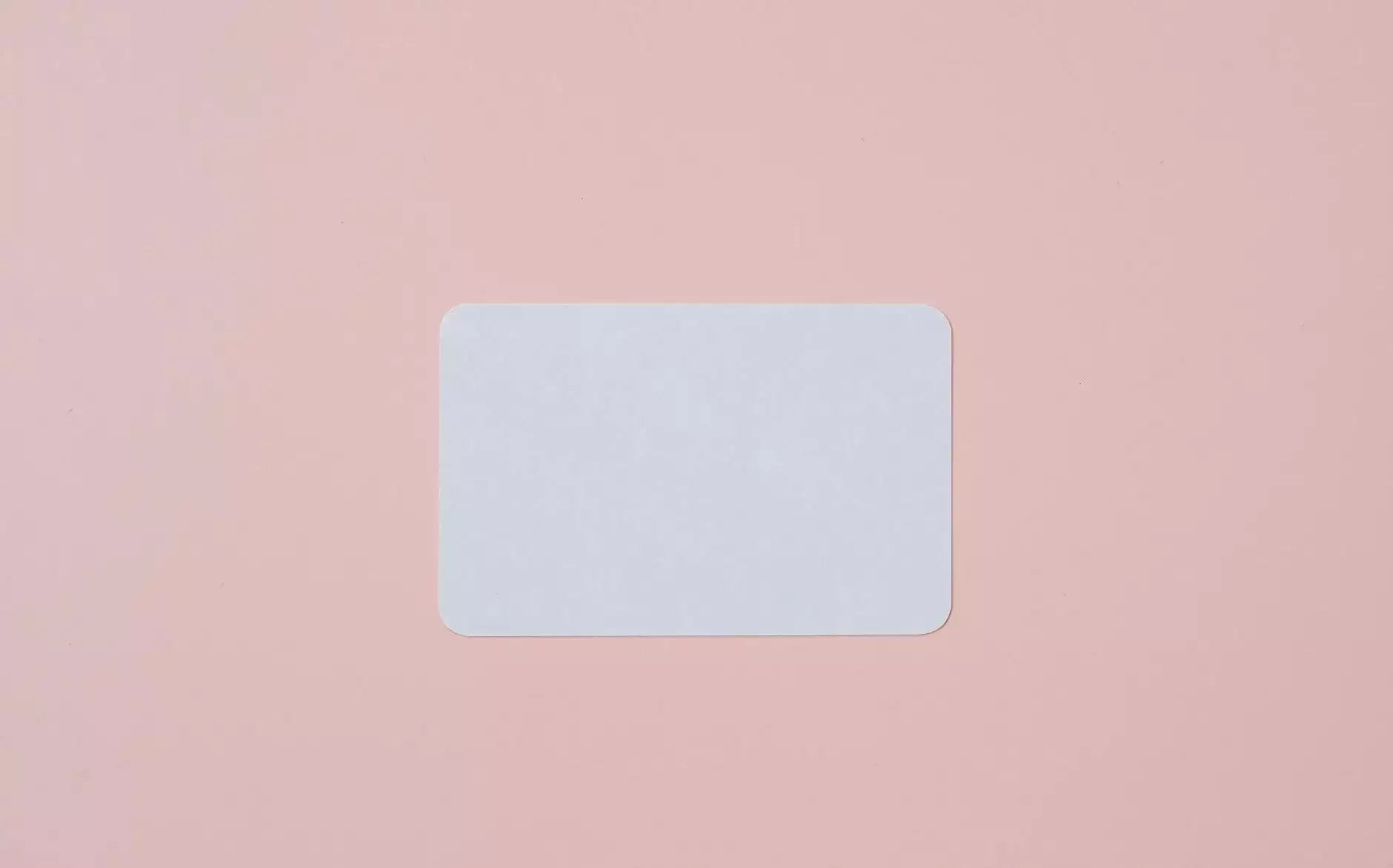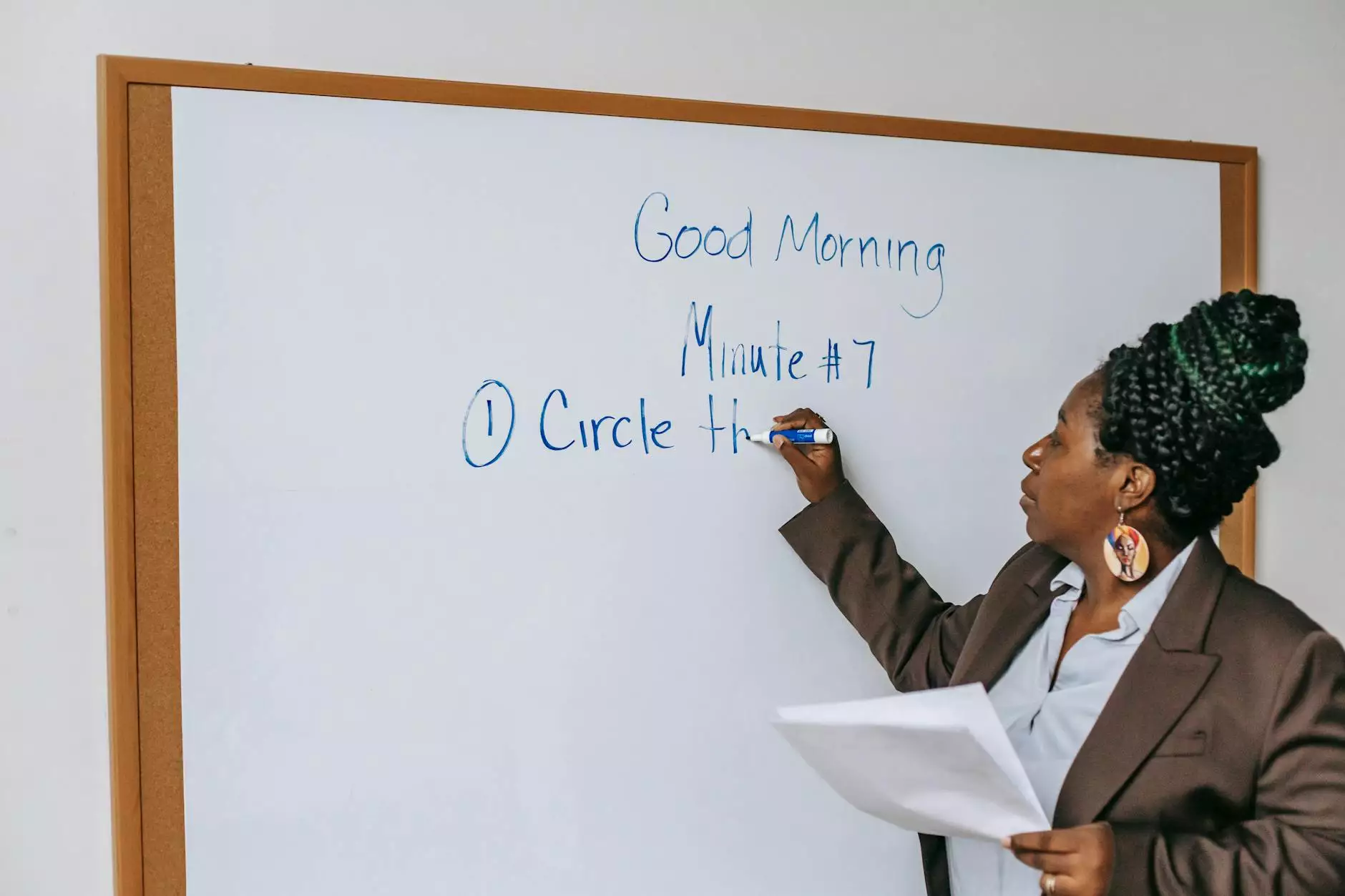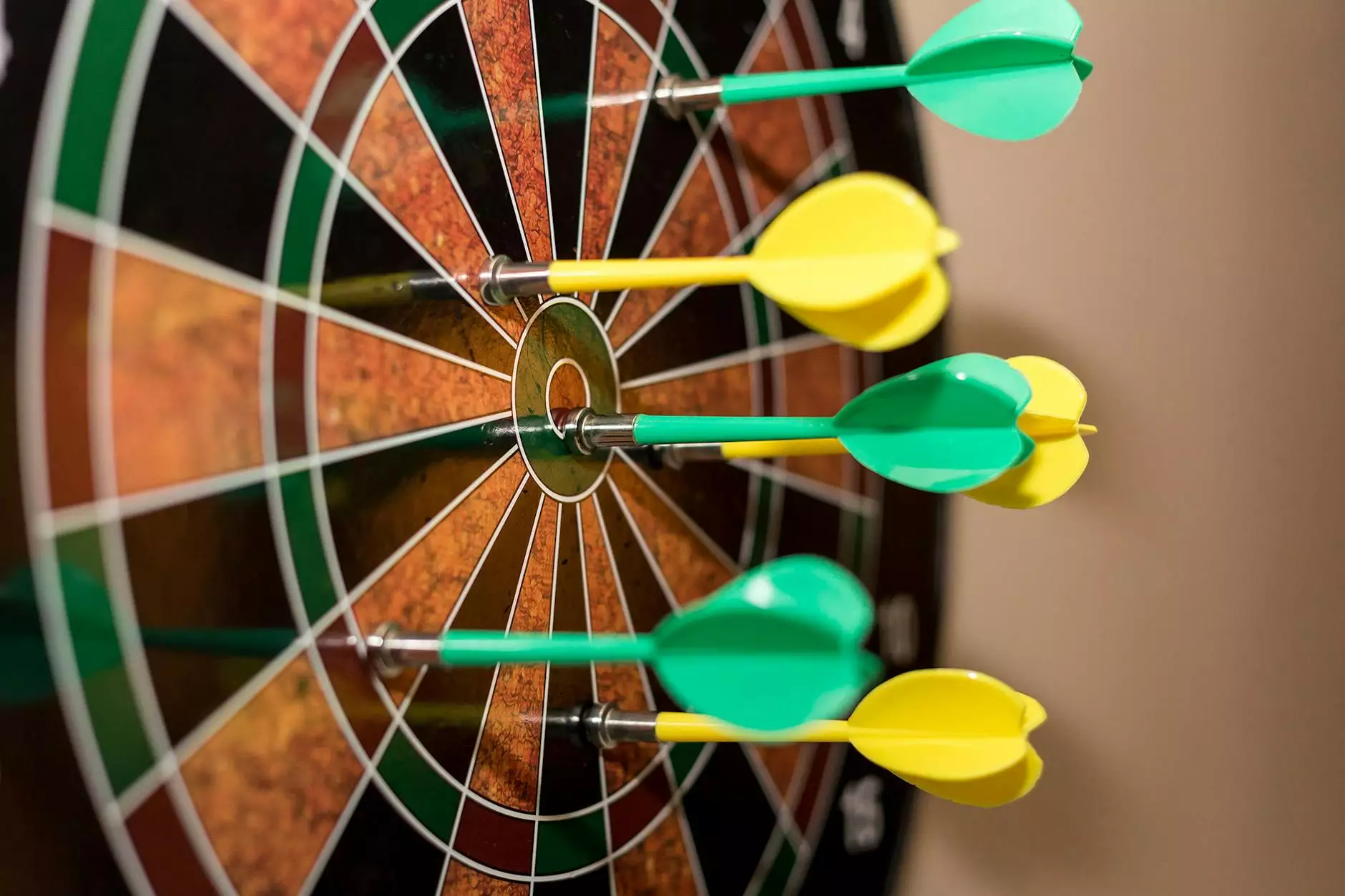Understanding Foot Pain After a Marathon: Causes, Prevention, and Treatment

Completing a marathon is a monumental achievement that requires not just physical endurance but also proper preparation. However, with the thrill of crossing the finish line often comes the unwelcome companion of foot pain after a marathon. This article delves into the various aspects of foot pain that marathon runners may experience and highlights ways to prevent and treat this discomfort effectively.
The Anatomy of the Foot
To understand foot pain after a marathon, it is essential to have a basic knowledge of foot anatomy. The human foot consists of:
- Bones: The foot includes 26 bones, which serve as the structural framework.
- Muscles and Tendons: Over 100 muscles, tendons, and ligaments control foot movement and support.
- Fascia: A strong tissue layer that provides support and cushioning to the foot.
During a marathon, these components endure significant stress, leading to various types of pain and injuries.
Common Causes of Foot Pain After a Marathon
Runners can experience a variety of foot pains after completing a marathon, and these pains can stem from multiple sources:
1. Overuse Injuries
Marathon running places excessive strain on your feet. Common overuse injuries include:
- Plantar Fasciitis: Inflammation of the tissue that runs along the bottom of the foot, leading to heel pain.
- Achilles Tendinitis: Inflammation of the Achilles tendon, causing pain at the back of the heel.
- Stress Fractures: Small cracks in the bones of the foot due to repetitive impact and stress.
2. Ill-Fitting Footwear
Wearing improper running shoes can contribute significantly to foot pain. Poorly fitting shoes can cause blisters, calluses, and other injuries. Ensure that your footwear offers:
- Proper Arch Support: Helps distribute body weight evenly across the foot.
- Adequate Cushioning: Absorbs shock and minimizes impact during running.
- Correct Fit: Shoes should have enough room in the toe box to prevent cramping.
3. Biomechanical Issues
Flat feet, high arches, and pronation issues can alter your running mechanics, putting undue stress on your feet and leading to pain. Consulting a podiatrist can help identify these biomechanical concerns.
Preventing Foot Pain Before the Marathon
Preparation is key to minimizing foot pain after a marathon. Here are some effective preventative measures:
1. Train Smart
Incorporate a training regimen that includes:
- Gradual Increase in Mileage: Slowly build up your distance to allow your feet time to adapt.
- Cross-Training: Engage in low-impact activities like swimming or cycling to strengthen your feet without overstraining them.
- Rest and Recovery: Allow adequate rest days for your body to heal and reduce the risk of overuse injuries.
2. Choose the Right Footwear
Before the marathon, ensure that you have the correct running shoes. Visit a specialized running store for a fitting and consider:
- Running Shoe Types: Select shoes based on your foot type and running style.
- Break-In Period: Wear your shoes during training to break them in before race day.
3. Foot Care Routine
A consistent foot care routine can enhance foot health. Consider:
- Regular Foot Soaks: Soak your feet in warm water with Epsom salt to relieve tension.
- Moisturizing: Keeping your feet hydrated can prevent cracking and dryness.
- Stretching Exercises: Incorporate stretching for your calves, Achilles, and plantar fascia into your routine.
Dealing with Foot Pain After the Marathon
Despite your best efforts, you may still experience foot pain after a marathon. Here are steps to manage and alleviate that discomfort:
1. Immediate Care
Immediately after the race, consider the R.I.C.E method:
- Rest: Avoid putting weight on the affected foot.
- Ice: Apply ice packs wrapped in a cloth to reduce swelling.
- Compression: Use compression socks to minimize swelling and support the foot.
- Elevation: Keep your foot elevated to decrease swelling.
2. Pain Relief
Over-the-counter pain relievers such as ibuprofen or acetaminophen can help alleviate pain and inflammation. Always consult with a healthcare provider before starting any medication.
3. Professional Assessment
If the pain persists or worsens, it is essential to see a podiatrist for a thorough assessment. They can provide specific treatments such as:
- Physical Therapy: Tailored exercises to strengthen the muscles of the foot and improve flexibility.
- Orthotic Inserts: Custom-made supports that help reduce pain and improve alignment.
- Advanced Imaging: Use of X-rays or MRIs to diagnose severe injuries like fractures.
The Role of Nutrition and Hydration
Nutrition and hydration play critical roles in preventing foot pain after a marathon. Here are some key points to consider:
1. Stay Hydrated
During your training and on race day, it is vital to maintain hydration. Dehydration can lead to cramps and increased susceptibility to injury. Aim to:
- Drink Water Regularly: Before, during, and after your run.
- Use Electrolyte Solutions: Consider electrolyte drinks to replenish lost nutrients.
2. Focus on Nutrition
A well-balanced diet supports recovery. Incorporate the following nutrients:
- Carbohydrates: Essential for energy replenishment post-run.
- Proteins: Necessary for muscle repair and recovery.
- Vitamins and Minerals: Foods rich in calcium for bone strength and magnesium for muscle function.
The Importance of Long-Term Foot Health
While immediate relief from foot pain after a marathon is essential, it is equally important to focus on long-term care. Regular visits to a podiatrist can help in:
- Preventive Care: Routine check-ups can identify issues before they turn severe.
- Education: Learning proper foot care and maintenance techniques.
- Customized Plans: Tailored training and recovery plans suited to your feet and running style.
Conclusion
Finishing a marathon is an exhilarating achievement, but dealing with foot pain after a marathon can put a damper on the celebration. By understanding the underlying causes and implementing preventive measures, runners can significantly reduce the risk of foot pain. After the marathon, adopting proper care routines and seeking professional advice ensures that your feet remain healthy for future runs. Remember, taking care of your feet is taking care of your overall running performance!
For More Information
For further guidance on foot care and specialized treatments, visit thefootpractice.com. Our team of expert podiatrists is here to assist you in achieving optimal foot health.









